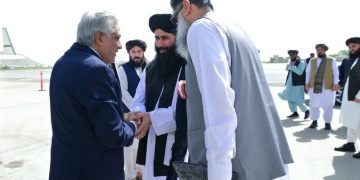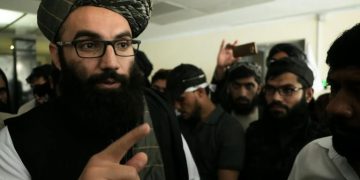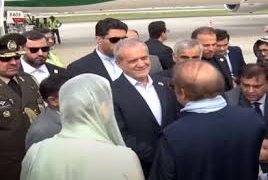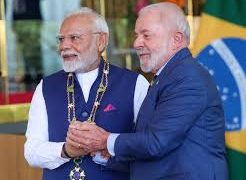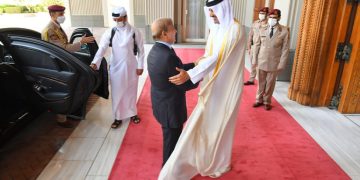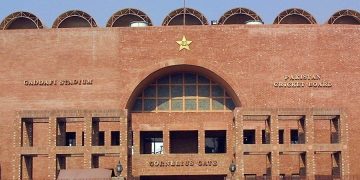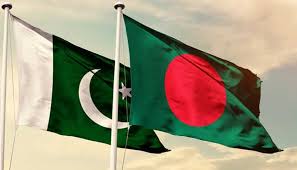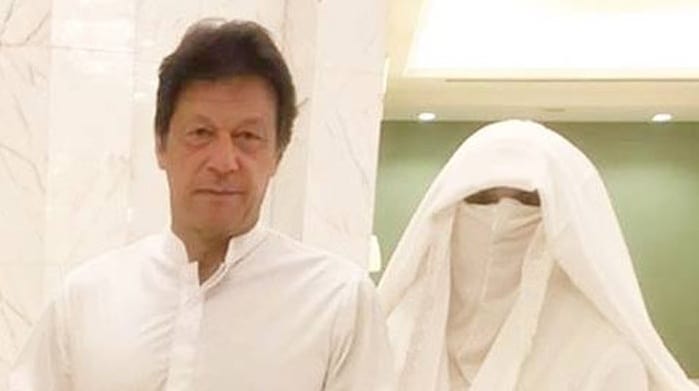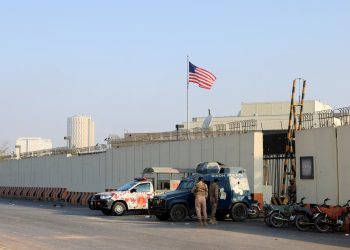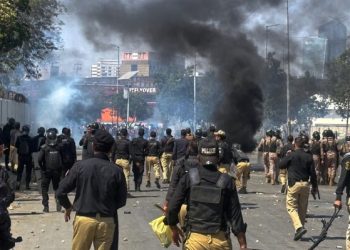Expressing concern over India’s antics in Indian Occupied Jammu and Kashmir, Prime Minister Imran Khan has warned that the region is a hotspot that could “flare up at any time”, urging the United States to treat it in an “evenhanded” manner.
In an interview with German magazine Der Spiegel, PM Imran reflected that the US is under the impression that India could limit China’s influence in the region. but it “is a completely flawed premise”.
“India is a threat to its neighbours; to China, Bangladesh, Sri Lanka and to us,” said the premier. “It has the most extremist racist government in the subcontinent. It is a fascist state inspired by the Nazis in the 1920s and ‘30s.”
PM Imran said Islamabad expected evenhanded treatment from the US with respect to India “especially with the dispute in Kashmir”.
“The region is a hotspot; it could flare up at any time. That’s why we expect the US, as the strongest country in the world, to be evenhanded, whoever becomes the president.”
Explaining the ruling Bharatya Janata Party’s (BJP) anti-Islam manifesto, the premier said: “Read the writings of the Rashtriya Swayamsevak Sangh (RSS), the intellectual forerunner of PM Narendra Modi’s party. They openly admired Hitler. The Nazis wanted to get rid of the Jews. The RSS wanted to rid India of the Muslims.”
Afghanistan and Pakistan
Explaining Pakistan’s role in the Afghan peace deal, PM Imran dismissed the perception of Islamabad’s close ties with the Taliban.
“With 2.7 million Afghan refugees in Pakistan, we have a certain amount of leverage, which we used to the utmost,” he explained. “I am very pleased that we succeeded.”
The premier observed that Pakistan had nothing to do with the 9/11 terror attacks and reiterated that the country should not have gotten involved in the war in Afghanistan.
“I opposed it from day one. The US put pressure on us, and the military dictator Pervez Musharraf succumbed to that pressure.”
PM Imran reminded the interviewer that Osama bin Laden was a hero in the 1980s. “He supported the Mujahideen against the Soviets in Afghanistan, and he was backed by both the CIA and Pakistan.”
“It was Pakistan’s right to recognize the Taliban, but Pakistan had no control over the Taliban. When Pakistan asked the Taliban to hand over Osama Bin Laden to the Americans, they refused.”
“No one can predict which way things will go in Afghanistan right now,” he said.
“What I can say is that after Afghanistan, the country that wants peace most is Pakistan. We have lost 70,000 people in this conflict, and our tribal areas adjacent to the Afghan border have been devastated in the last 15 years.”
“Half of the people in these areas have become internally displaced, about 1.5 million of them [have become] victims of the conflict between the Pakistan Taliban and the army.”
PM Imran said his government, from day one, has been fostering dialogue. He said he spoke to Afghanistan’s High Council for National Reconciliation lead Dr Abdullah Abdullah prior to meeting with Gulbuddin Hekmatyar.
“We have no favorites in Afghanistan. Our only interest is that the future government in Kabul does not allow India to operate from there against Pakistan,” he asserted, stressing that Hekmatyar not only accepts the constitution in Afghanistan but also participated in the elections.
Regretting the “double game” image given to Islamabad, PM Imran said it started in the 1980s, after the Iranian revolution.
“Many in the West began looking at Muslim countries as if there was a divide between liberals and fundamentalists — a very artificial assessment,” he reflected. “Muslim countries are no different from other communities. All communities are divided into moderates, which make up the majority, and the extremists.”


